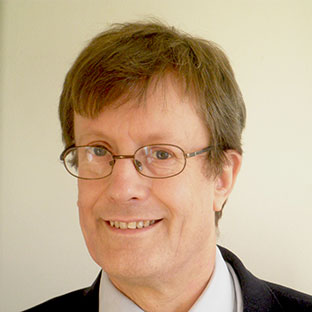You very rarely find the generations confronting each other quite as they have done over the referendum (one of my friends has a child involved in a school poll where Remain won 92 per cent).
But for some reason I keep thinking of that moment three decades ago when one generation, in the form of Harold Macmillan (then Earl of Stockton), confronted the next in the House of Lords over the miners strike, then at its painful height.
“This terrible strike,” he called it, “by the best men in the world”, who as he put it, stood up to the Kaiser and then to Hitler too.
We have to assume that he meant, not the miners particularly, but specifically the English working classes.
It was an electrifying phrase because it so much contradicted the prevailing narrative of the time – which in retrospect was a story of extreme economic centralisation, based on what now seems like a naive belief in trickle down economics.
Now that we know trickle down doesn’t trickle, and the referendum result revealed a starkly divided nation – between the cities which had successfully hawked their wares on the world stage and the rest – it puts some of those inclusive growth questions more clearly.
Bristol and Manchester voted to Remain. Burnley and St Helens voted to Leave. The heart of cities voted to Remain (Manchester and Liverpool); the surrounding towns tended to vote Leave (Rochdale and Knowsley).
Because, there in a nutshell are set out the great divisions which our economic techniques have tended to shape over the last generation – inner versus outer, big cities versus satellite towns and Macmillan’s best men (and women) in the world versus those who have done better out of globalisation and now depend on it.
For the work of the Inclusive Growth Commission, this is quite important. Not because it implies the answers about how we are going to heal some of these economic divisions. But because the questions thrown up by the pattern of the poll results have sharpened the questions which the Commission has tentatively put forward.
How, in practice, are we to make economic connections between the centres of cities and their peripheries? How can we shape urban economies so that they spread the benefits more widely? And, now that we look set to remake the nation, probably without Scotland and possibly with much-reduced investment from overseas, how are we to use the people and resources we have from place to place so that they can thrive?
We have relied on the well-worn globalisation narrative to funnel money into big investments and developments, in the way that conventional regeneration has worked – pushing up property values and beggaring-their-neighbour shopping centres – and it may well be that, in the new world we are about to live in, this doesn’t add up as it used to.
So here is the sharpest question. Given that we have people in those places which voted most fervently to Leave the globalisation gravy train – Blackpool or Burnley or Bradford – how can we develop the techniques to put the resources they represent to use and create the wealth we need in the future?
Find out more about the RSA's work on inclusive growth.
Related articles
-
Solving poverty: the promise of inclusive growth?
Neil McInroy
Neil McInroy, Chief Executive of CLES, examines the inclusive growth agenda and what is needed for it to really achieve social inclusion alongside economic growth.
-
Inclusive growth must cross generational divide
Katharine Swindells
Katharine Swindells opens her series of blogs exploring how the new political landscape post-Brexit affects people under-25 and what Inclusive Growth might mean for the first generation in a century to be poorer than their parents.
-
Are inclusive growth policies compatible with the current model of welfare?
Dr David Etherington Prof. Martin Jones
Dr David Etherington and Professor Martin Jones explore how changes to the welfare system could promote inclusive growth


Be the first to write a comment
Comments
Please login to post a comment or reply
Don't have an account? Click here to register.